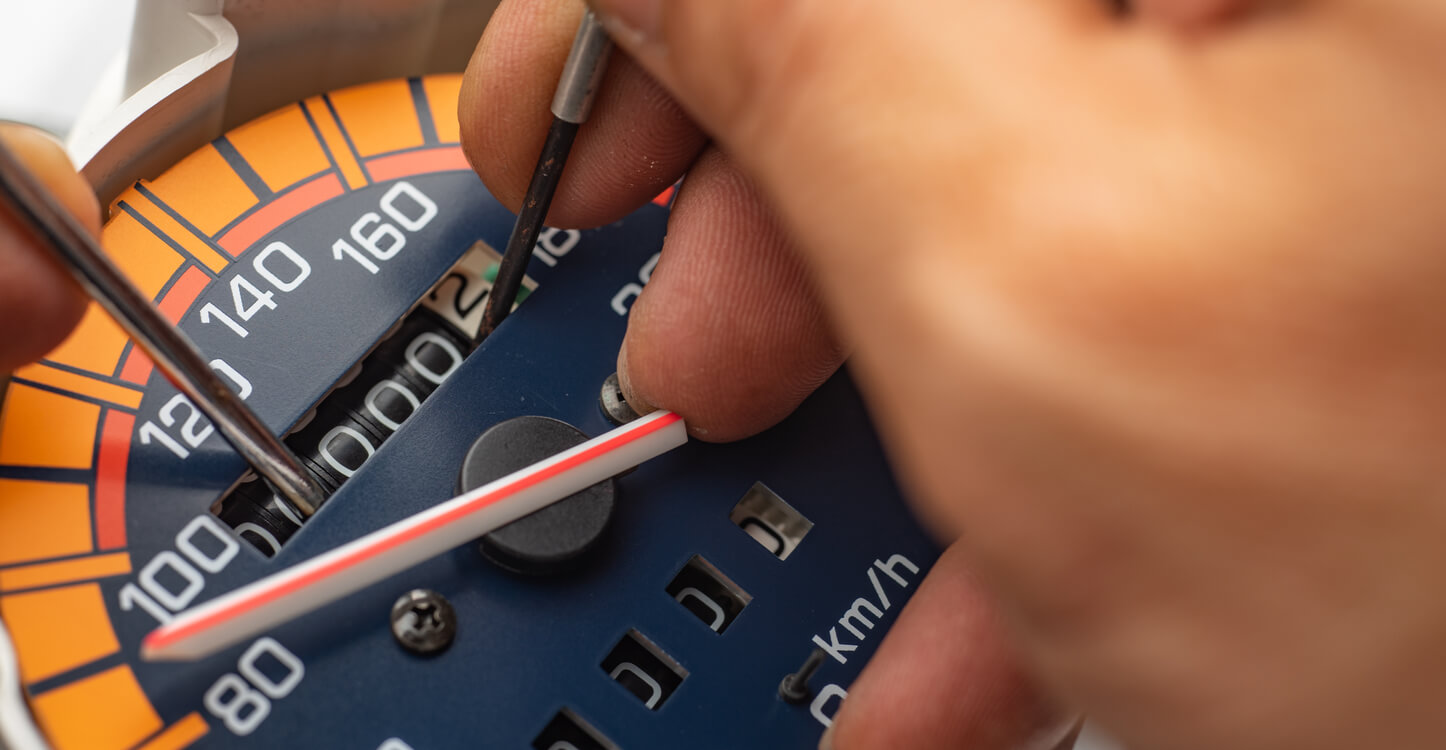
Blockchain birth certificates for vehicles will provide an immutable record of a car’s identity and maintenance history
Buying a car can be a risky business when there are unscrupulous sellers out there who use scams such as car cloning and fiddling with the odometer. But these practices could be a thing of the past thanks to blockchain vehicle identities.
Non-profit startup, the Mobility Open Blockchain Initiative (MOBI), announced yesterday that their Vehicle Identity (VID) II Working Group had joined forces with Ford, BMW and other transportation and blockchain leaders to release the second instalment of the industry’s vehicle identity on blockchain.
The VID II Standard will be like a birth certificate for cars which will focus on vehicle registration and maintenance traceability. Registering a car on the blockchain means vehicle registration systems across different states and countries will be able to use a shared, secure and trusted ledger to communicate. Meanwhile, insurers and regulators will have access to a tamper-proof history of maintenance traceability and buyers will be able to avoid cars with incorrect mileage, damage or maintenance histories.
MOBI COO and Co-founder, Tram Vo, explained, “A secure digital vehicle identity sets the foundation for a fully automatic network for usage-based transportation services. We expect this network for frictionless transfer of value in the New Economy of Movement to open up trillions of dollars of new opportunities to monetize vehicles, services, data, and infrastructure.”
Ford and BMW co-chaired MOBI’s VID II Working Group with the support of a host of other companies and NGOs including IBM, Bosch, Honda, USAA, Car IQ and Accenture.
Ford’s Director of Vehicle Research and Technology, Cynthia Flanigan, added, “Ford believes this research into vehicle identity technology could lead to better ownership experiences. We also think this technology could help simplify the purchasing process in the future.”
The improvement in asset visibility which VID II provides allows for data provenance and additional use cases, such as autonomous vehicle data exchange, automotive financing and electric vehicle charging. VID II will provide a more reliable record for both buyer and seller, making vehicle registration and maintenance more safe, efficient and transparent.

